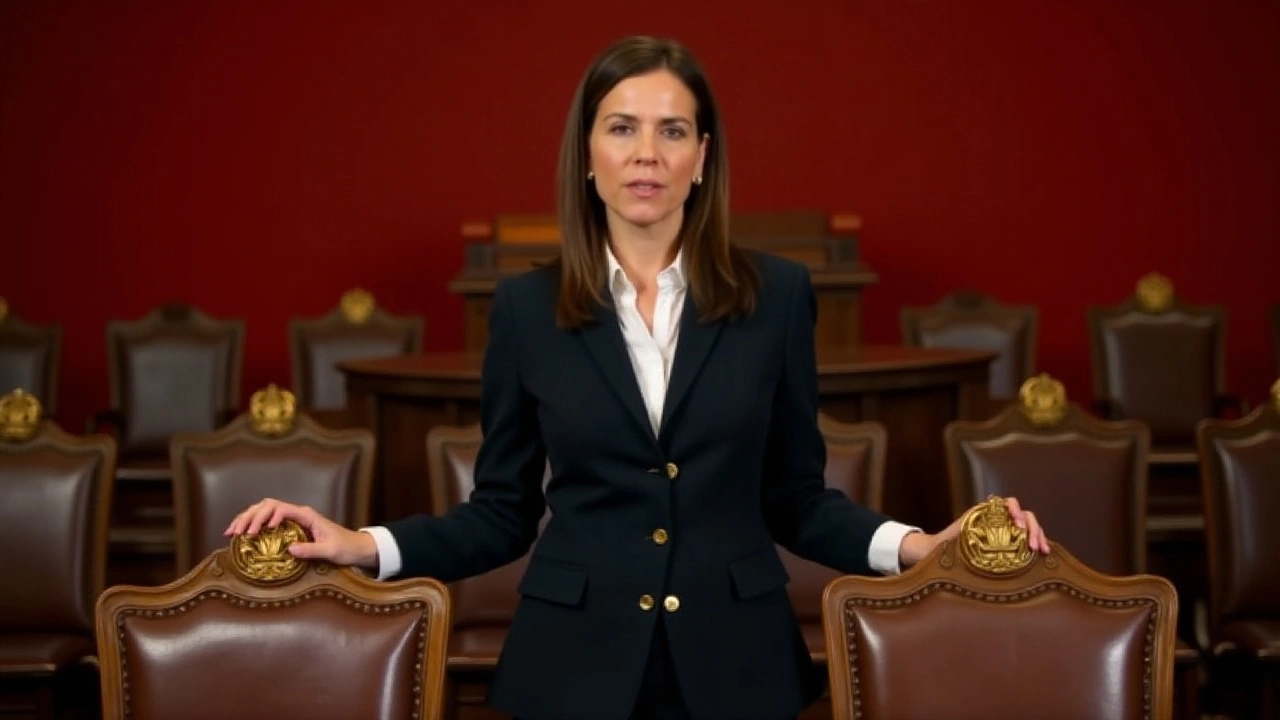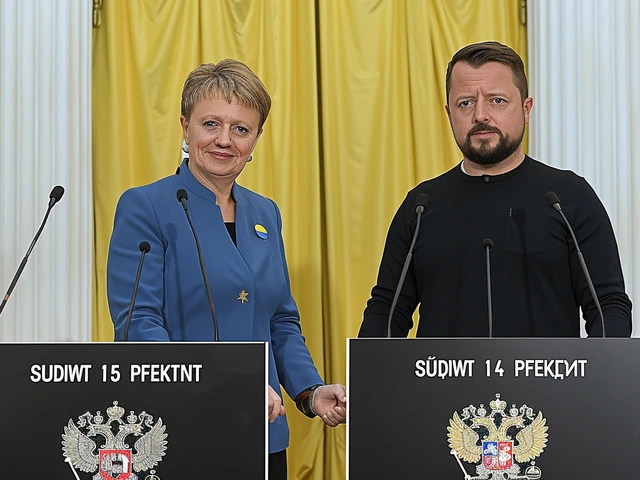Sue Gray's Journey Through the Partygate Scandal
Sue Gray, a veteran civil servant, found herself thrust into the limelight with the partygate scandal investigation. Assigned the mammoth task of leading the inquiry, Gray was suddenly at the center of unparalleled public scrutiny. The partygate scandal, which captured national and international headlines, involved accusations against senior members of the government for flouting COVID-19 pandemic restrictions by attending social gatherings while the rest of the citizens were expected to follow strict guidelines. Gray's investigation was expected to cut through the political rhetoric and lay bare the facts, placing immense pressure on her role.
Pat McFadden, a Cabinet minister, commented on Gray's decision, noting that the intense attention she received was a departure from her usual low-profile government work. As details of the scandal and Gray's impending report were relentlessly covered, both in traditional media and on social platforms, the anticipation built to a fever pitch. This level of focus is unusual for a civil servant, whose work typically operates behind the scenes. However, due to the nature and magnitude of the investigation, Gray had no choice but to step into the public eye, a place she reportedly did not favor.
The Media Maelstrom
The media's interest in Gray's work was understandable. The findings could have a meaningful impact on political careers and public perception of the administration’s handling of the pandemic. As speculation about the contents of her report grew, Gray found herself under the spotlight, with every decision she made dissected by analysts and broadcasters. This extended beyond conventional media, with social media platforms providing 24/7 discussions, critiques, and commendations, sometimes veering into personal attacks. Such an atmosphere was likely disconcerting for someone who previously operated outside the glare of public attention.
McFadden's remarks essentially confirmed what many suspected: the personal toll the investigation took on Gray was significant. The rigorous demands of scrutinizing governmental actions and then presenting findings in an unbiased, factual manner required staunch professionalism and resilience. Yet, once human nature and emotions are considered, a break from the overwhelming stress seems a natural course of action. Few people can sustain such intense public scrutiny and emerge unscathed, and Gray's withdrawal signals a desire for recuperation and privacy.
The Aftermath and Future Implications
The question of whether Gray will return to her governmental role remains unanswered. McFadden did not provide a timeframe for her sabbatical, leaving her future uncertain. This uncertainty lingers over the civil service, where Gray's expertise was invaluable. Still, it opens opportunities for others to step up in her absence, though filling her shoes poses a significant challenge given her extensive experience and comprehensive understanding of the governmental framework.
The implications of Gray’s report reverberated beyond the government, shedding light on adherence to public health protocols by individuals in power. Her decision to step back could also serve as a cautionary tale about the human limits of dealing with fame and scrutiny, especially when it is uninvited. Politicians often face such challenges as part of their careers, but for civil servants whose roles traditionally exist backstage, the outcome can be considerably different.
The New Norm for Civil Servants?
Sue Gray's case may lead to broader discussions about the evolving role of civil servants in public inquiries, particularly those with significant media interest. Should there be better support systems for those suddenly cast into the public eye through no fault of their own? Adjustments might be necessary to protect the mental and emotional well-being of civil servants caught in similar situations in the future.
The partygate investigation was a watershed moment, not just in revealing potential government misdemeanors but also in spotlighting the often unseen work and pressures faced by public officials. Gray’s departure underscores the need for a thoughtful balance between transparency, accountability, and the personal well-being of those tasked with holding power to account.
As the dust settles on the partygate scandal, both the government and the media may need to reflect on the impacts of their scrutiny, not only on political figures but on those like Gray, whose duty lies in objective investigation rather than public exposure. Her decision to take a step back may ultimately push the conversation toward a more supportive environment for civil servants, acknowledging their crucial role and the potential need for privacy amidst the publicity their work might generate.






Write a comment